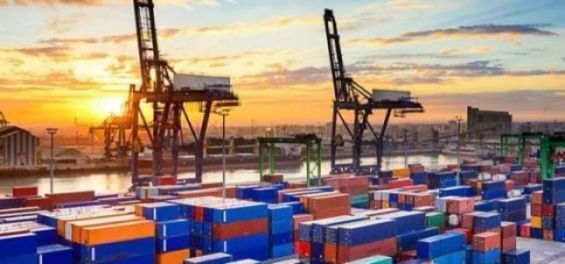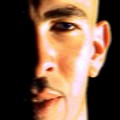The United States Department of State released, Thursday, its 2019 Investment Climate Statements, focusing on the position of Morocco as a financial hub in North Africa. To the document, compiled by the US Consulate General in Casablanca, Morocco «enjoys political stability, robust infrastructure, and a strategic location».
These factors have allowed the Kingdom to emerge «as a regional manufacturing and export base for international companies», the document revealed, referring to obstacles that might be hindering these investment improvements.
Facilitating foreign investment
To the US Department of State Morocco has worked on «actively encouraging and facilitating foreign investment, particularly in export sectors like manufacturing, through macro-economic policies, trade liberalization, investment incentives, and structural reforms».
The report recalls that the 2016 Trade Policy Review concluded that trade reforms implemented by the North African Kingdom helped enhancing competition in domestic markets, encouraged innovation, provided job opportunities and expanded diversification.
The document explains that Morocco’s economic development plan aims at turning the country into a regional business hub by «leveraging its unique status as a multilingual, cosmopolitan nation situated at the tri-regional focal point of Sub-Saharan Africa, the Middle East, and Europe».
This strategy has recently helped the country enhance its presence in Africa. «Morocco attracts the fifth-most foreign direct investment (FDI) in Africa, a figure that increased 23 percent in 2017», it revealed.
«In 2017, Morocco’s FDI in Africa was USD 2.57 billion, representing a 12 percent increase over 2016. The African Development Bank ranks Morocco as the second biggest African investor in Sub-Saharan Africa, after South Africa, with up to 85 percent of Moroccan FDI going to the region».
A shortage of skilled candidates
Meanwhile, the report noted that the «Moroccan labor market exhibits a gap between many Moroccan university graduates and training, and employers reporting a shortage of skilled candidates».
When addressing education, the US Department of States indicates that «literacy and industrial skills are not prioritized», referring to the number of graduates who are unable to answer the demands of the job market.
According to the same source, this issue hinders most of the significant steps made by the country to encourage business.
«Despite the significant improvements in its business environment and infrastructure, insufficient skilled labor, weak intellectual property rights (IPR) protections, inefficient government bureaucracy, and the slow pace of regulatory reform remain challenges for Morocco».
For the record, the US Department of State's report provides statements on the investment climate in more than 170 countries and analyzes various economies that are or could be markets for US companies.





 chargement...
chargement...













